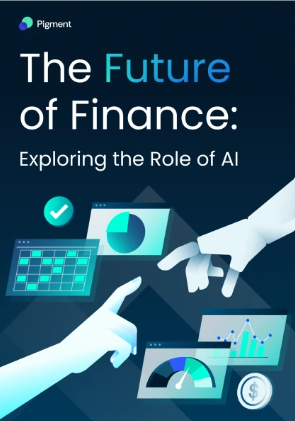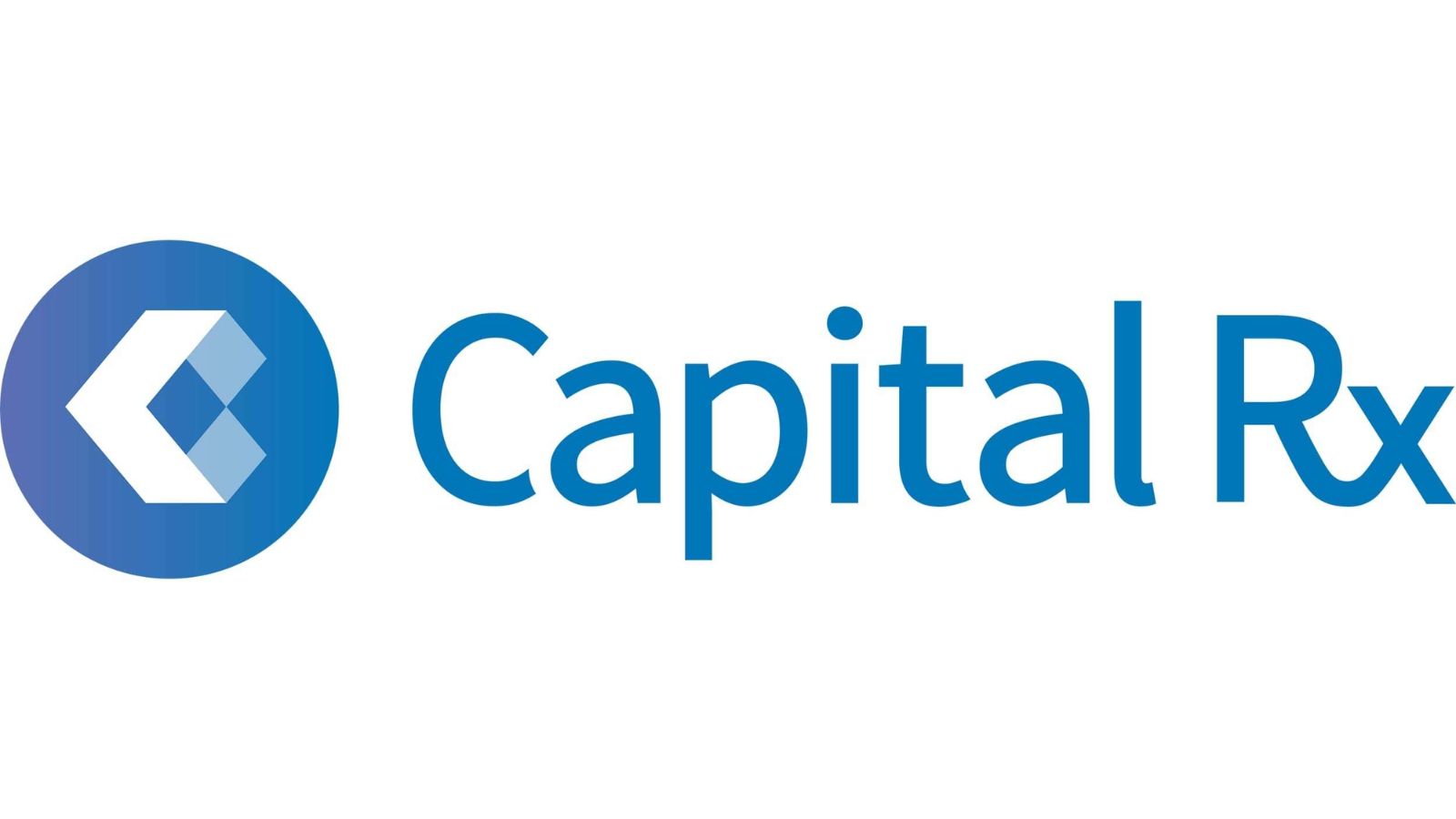Contemporary and advanced financial technology is experiencing a significant revolution by applying intelligent technologies like artificial intelligence (AI) and Blockchain. Both of these innovations are not only disrupting the financial service industry. Still, they are also making operations more efficient, improving customer experiences, and making the financial system more inclusive internationally. The application of AI and Blockchain in fintech has emerged to take the central stage as these technologies progress, creating new opportunities for faster, safer, and more effective individualization of financial services.
The Role of AI in Fintech
Currently, AI is the most needed innovation in financial services because it solves complex problems much faster and with a higher degree of accuracy than traditional methods while at the same time enhancing security systems and customer satisfaction levels. Let’s delve deeper into it below:
AI in Fraud Detection and Prevention
AI today is at the core of any fraud detection software so that financial institutions can process massive amounts of data looking for potentially fraudulent activities. With AI cognitive capabilities, the algorithm can look at transactional-level data in real-time and look for any signs of fraud. This capacity to quickly and effectively work through high volumes of information has transformed risk management in fintech companies, particularly in payment, credit, and insurance.
AI in fraudulent activities decreases the incidence of fraud and halves the total loss caused by fraud. Algorithms designed in machine learning can evolve when new threats appear and graduate traditional hackers. This is especially true considering that fintech firms experience many more complex fraud scenarios that are not quickly addressed by conventional means.
AI in Customer Service and Personalization
AI is making a significant movement to the domain we would have never expected: customer service. Artificial intelligence in chatbots and virtual personal assistants is used daily on fintech platforms to instantly reply to customers’ queries. These intelligent systems do not act passively; instead, they draw on past interactions for more personalized help and turn customer engagement into a positive loop.
In addition to customer assistance, users’ data analysis in fintech has helped develop specific products for consumers. According to a customer’s spending habits, creditworthiness, and risk levels, AI suggestions include consumer services, including loans, investment proposals, or insurance services. This level of personalization improves customer satisfaction and makes it easier to secure people on the platform.
AI in Credit Scoring and Underwriting
AI has disrupted conventional credit scoring and underwriting, especially for consumers who lack standard financial services. Thus, using actual social media activity, payment history on utility bills, or even the model of a smartphone’s usage, AI-based systems can build other credit scores. This introduces financial services to people and Micro, Small, and Medium Enterprises who have little credit history to provide.
AI has also revolutionized the underwriting process. Using AI in credit scoring potential means that the underwriting decision and evaluating the customer’s financial standing and risks will be much quicker, and no human error or bias will be deemed in the process.
AI in Process Automation and Efficiency
RPA is based on artificial intelligence, and its goal is to automate tasks requiring personnel work. Artificial intelligence deals with information input and processing, document checks, and compliance screening in the back office of the fintech businesses. This results in firms scaling up due to enhanced efficiency and lower expenses, which AI makes possible for fintech companies without suffering the quality of their provided services.
In compliance, AI is still advancing through RegTech in the following ways. Regulatory compliance becomes less of a problem since AI tools can scan for new rules, assess the level of exposure of the firm to risk, and check for compliance with the regulations, which can take very little time.
The Role of Blockchain in Fintech
Blockchain is emerging as a core disruptive technology in the fintech space through decentralization, transparency, and security on financial transactions. That is why it has become an essential element of fintech, as it may help decrease the time spent providing monetary aid.
Blockchain for Secure Transactions
This is evident with Blockchain technology, where the technology system is decentralized, thus providing high transparency and security in the transition of financial services. This way, Blockchain displaces intermediate agents in a distributed ledger, which lowers transaction costs and time to settlement. Near-instantaneous payment transactions can be executed with increased security since every operation is stored on a blockchain public ledger.
This transparency is especially helpful in fighting fraud because any given transaction carries an accurate timestamp and is encrypted, which means that once a piece of data is entered into a blockchain, it cannot be changed. One of the most significant areas in which Blockchain is revolutionizing fintech is payment processing, which is used to build more effective, secure, and cheap systems.
Blockchain and Digital Identity
Among all the primary areas of its implementation, utilizing the Blockchain in fintech is most effective in digital identity. Blockchain-based identity systems can give users this control instead of relying primarily on centralized authorities. By employing this self-sovereign identity, existing KYC actions can be improved, both in their effectiveness and security.
On the Blockchain, users can disclose their financial details, which can be verified by financial institutions without revealing their identity, thereby lowering the chances of ID theft or data leakage. This innovation is quite crucial for fintech companies due to emerging stricter rules in KYC & AML compliance.
Blockchain in Cross-Border Payments
It is also changing the cross-border payment landscape, which hitherto needed to be faster and cheaper. Blockchain will mean cross-border transactions can be made instantly, and there’s no need for the correspondent banking that currently dominates the space. It leads to reduced transaction costs with decreased time for processing and, hence, is more suitable for remittance services and cross-border businesses.
Information exchange and technological application in Cross-border payments are worth the effort as they help players with low or little access to banking in their area by providing them with a lifeline in the form of Blockchain for global financial inclusion.
Smart Contracts in Financial Services
Blockchain-based intelligent contracts incorporate rules for performance into the digital code. These contracts work and execute the transactions independently when some elements are triggered, thus eliminating the intermediaries and avoiding mistakes that people may make.
In fintech, intelligent contracts facilitate several processes, such as paying loans, insurance claims, or assets. For example, a smart contract to pay out an insurance policyholder payment could be set to do so under certain conditions, such as a natural disaster being affirmed through an external data source.
A Synergistic Approach
These technologies produce more substantial and more efficient platforms than when they operate individually. Thus, AI supplements Blockchain by enabling it to analyze data and then use it to make predictions concerning the network, implement optimized blockchain protocols, and retract any weaknesses. In addition, by dealing with the massive data volumes produced by blockchain networks, AI speeds up the decision-making process and the whole user experience. When applied together, these technologies show how fintech organizations can build on the strengths of AI’s superior computational functions to work in tandem with the decentralized structure of Blockchain.
Another way that Blockchain assists with the integrity of the AI is through the unwavering quality of the algorithms. Using a blockchain in evaluating a case allows for recording these processes, offering more transparency to the concept of AI and its decision-making and a much more tangible paper trail for a user to analyze. It is especially helpful in loan approvals or appropriate investment choices, where any conditions requiring showing or proving must be apparent. Some real-world examples of such integration are in the Decentralized Finance (DeFi), where decentralized network blockchain carries out P2P transactions in financial assets. At the same time, independent AI performs decision-making and risk assessment tasks. Even in the insurance and investment management industries, AI and Blockchain interoperate to automate procedures, increase the strength of information, and deliver qualitative services.
Future of AI and Blockchain in Fintech
The application of AI and Blockchain in fintech is expected to expand in firms as both technologies are expected to be adopted as core infrastructures of the financial sector. The following trends and innovations will likely characterize the future evolution of fintech as these technologies become more mainstream.
Predicted Trends and Innovations
The more recent one relies on decentralized blockchain solutions to provide financial services without the need for conventional intermediaries such as banks, which is decentralized finance (DeFi). These include automating the appropriate investment programs, returning ratios, and other determinations so consumers can more easily access DeFi. This has been a growing trend of integrating AI and Blockchain in DeFi, and they are already being applied in areas such as trading bots, lending, and yield farming.
AI is also assumed to continue enhancing fraud management in fintech, following regulations, and improving client satisfaction. Future models can tackle various aspects of regulation on a more detailed level, providing real-time compliance monitoring and reporting. Further, AI will enhance the Blockchain by augmenting network adaptability and effectiveness and cutting fuel utilization and transaction velocities.
The authors found that Blockchain will be even more critical in digital identity. Governments and financial institutions are investing more effort into technologies such as blockchain identity, which allows the owner or holder of the data to own their data while simultaneously providing proven and valid transactions. AI will complement these systems by incorporating far more accurate biometric authentication and using analytics to flag possible cases of identity fraud.
The Path to Mainstream Adoption
Several factors need to be settled for AI and Blockchain to revolutionize the use of fintech in the following ways. First, regulators and fintech actors must work closely to define the current and further regulatory requirements and create harmonized international norms. This will give the legal certainty needed for a fintech firm to expand while guaranteeing that the customer or business is shielded.
Secondly, suspicion has to be headed off. Further, there is a need to conduct research in both AI and blockchain technologies to uncover emerging risks and threats for their implementation. This will mean even more advanced encryption systems, improved risk management measures, and ongoing development of the cybersecurity environment.
Third, ethical AI to address imperatives of fairness and transparency will become of utmost importance to fintech organizations. AI systems must be audited periodically to mitigate bias, and fully implemented blockchain technology must be designed to be accountable regardless of decentralization.
How Fintech Companies Can Prepare for the Future
In the modern world, fintech companies must invest in AI and blockchain technologies to adapt to the new environment. AI can pose solutions to enhance automation and personalization or address risk challenges, making fintech firms more efficient while offering the best to consumers. On the other hand, blockchain advances can improve the security of transactions and cut operating expenses, besides boosting the creation of new financial instruments, especially in the decentralized finance sector.
Fintech companies must also learn from tech firms, regulatory authorities, and academic institutions to anticipate these trends and changes. This will give them the confidence to organize innovation within a secure, compliant, and ethical context from the confines of collaboration.
Conclusion
It is imperative to underscore that artificial intelligence and Blockchain are the leaders of fintech development. AI has profoundly affected enacting fintech companies through automation, personalization, and shrinking the fraud rate. On the other hand, the decentralized, transparent, secure functionality has transformed the payments, identification, and crossing border systems.
Thus, as the two technologies grow further, their synergy shall define the future of fintech, focusing on progressive efficiency, inclusiveness, and secure connectivity. Nonetheless, navigating through the regulation, security, and ethical implications of using AI and Blockchain in fintech is still complex. Still, given the right tools, there is no doubt that the increased use of artificial intelligence and Blockchain will revolutionize the delivery of financial services in the digital economy.







